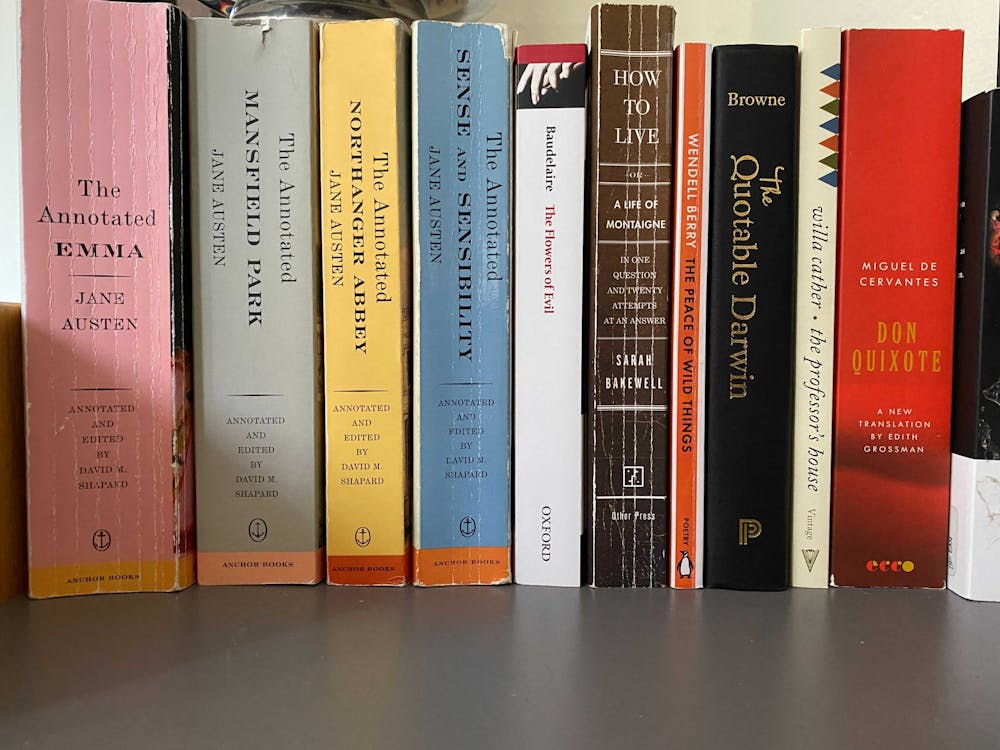What do you remember? Which words float to the front of your mind in moments of stillness? Consider the following lines, the beginning of “Ode to Buttoning and Unbuttoning My Shirt,” a poem by Ross Gay.
“No one knew or at least
I didn’t know
they knew
what the thin disks
threaded here
on my shirt
might give me
in terms of joy
this is not something to be taken lightly
the gift
of buttoning one’s shirt
slowly
top to bottom
or bottom
to top or sometimes
the buttons
will be on the other
side and
I am a woman
that morning
slipping the glass
through its slot”
Over the summer, I memorized this poem, line by line. (It’s a bit longer than this: follow the link above to read the whole thing. Reader, it does not disappoint.) I wrote the poem from memory here. Disclosure: I had to check the original for the line breaks.
I made a hobby of memorizing poetry this summer. To memorize poetry is to make it sacred, to create its full meaning, and to let it grow within one’s own mind. To memorize poetry is the best way to value the medium.
First, though, I’ll address the solemn fact that lots of students are forced into memorizing poetry as part of elementary English classes. That’s bogus. Many students at my high school had to memorize Edgar Allan Poe’s “The Raven,” and every student who had that assignment hated the poem afterward. Forcing a student to memorize poetry is like shoving it down their throat — the poem’s ruined, and no one likes it.
Instead, one ought to memorize poetry that they love and choose. If you’ve read this far into this article, you likely love poetry. And you likely have a poem or two you return to. A poem like that for me was Emily Dickinson’s poem 314, which begins like this:
“‘Hope’ is the thing with feathers —
That perches in the soul —
And sings the tune without the words —
And never stops — at all — ”
When I need hope, I reach for that poem. After a time, I memorized it, just from repeated reading. The poem wore into my mind, its page growing soft from use. You may have poems (or quotations of any kind) like this. They’re repeated so much in your mind that you know them as well as you know the names of your family or the address of the home where you grew up. This is one method of memorization — through mantra-like repetition, over long periods of time.
Learning poems this way imbues them with emotion through time. The reader who remembers the poem today is different from the person who remembers it a year from now or a year ago. The three selves all load the poem with gobs of feeling. After years of calling back the same lines, they glow with dense sentiment. The word “poetry” derives from the very old Proto-Indo-European root “kwei-,” meaning “to pile up.” The meaning of poetry is in revisiting it time after time, piling up different meanings and feelings married to it.
This mantric method is slow but effective, if you have the time. But you may not have a poem which calls to your emotions, or you may not want to wait to learn a poem over a long time. Fear not, reader. There’s another method that works too: simple, rote memorization.
This method takes more effort. That can’t be denied. You have to sit with the poem for hours, days maybe, as long as it takes. I memorized “Ode to Buttoning and Unbuttoning My Shirt” this way, during a long shift at my menial job. It’s hard. I don’t have a real skill for memorization — I don’t have a photographic memory or anything near it. This article doesn’t have hot takes on how to memorize things quickly and easily.
That’s because it’s good that it takes a long time. Investing intention into the task infuses it with importance. To spend hours on a task is to make it sacred. You gift the poem with your attention and effort — in other words, you read it generously.

It’s important, too, that these are words that we choose to remember. The memory is a filter for what is important. So much happens in our complex lives that we only can remember the important stuff, and everything else slips away.
By choosing to remember a poem that is important, you not only deem those words important to you; you actively choose to make them important. You find words you love, and you decide intentionally to love them more.
We began with the beginning of “Ode to Buttoning and Unbuttoning My Shirt”; we will end with the end:
“We practice like this
pushing the seed into the earth
like this first
in the morning
then at night
we practice
sliding the bones home.”
The poet Ross Gay is referring to the buttons on his shirt in these lines. But I think they can refer to poetry, too. Memorizing poetry, especially by rote, is like pushing seeds into earth. It takes effort. It’s repetitive and boring. You move from one line to the next, crouched low over the dirt, lodging each word in your mind’s fertile soil. But once in the ground, they can grow. They are alive, germinating among your thoughts. To memorize poetry is to plant it. To memorize poetry is to give it life.








